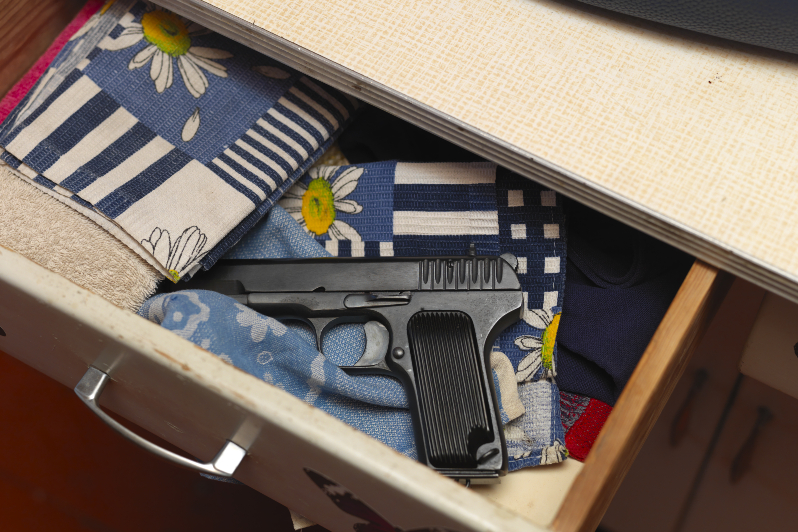

Childhood is supposed to be a time full of lighthearted fun, but an accidental shooting can bring someone’s childhood to an abrupt, sad end. When someone unintentionally discharges a firearm, it can have an immense impact on a minor’s life, resulting in serious damage, severe injury, or even loss of life. Accidental shootings occur among people of all ages nationwide. However, a significant number of them involve children under 18, and they are particularly prevalent in the southern United States. In 2016, data compiled and analyzed by the Associated Press and the USA Today Network revealed that Alabama, Georgia, Louisiana and Mississippi were among the top ten states with the highest rates of accidental shootings per capita.
Accidental shootings are an issue that the south still faces today. Research performed by Everytown for Gun Safety in 2021 revealed that out of the more than 330 unintentional shootings by children that occurred nationwide, at least 16 were in Louisiana. Tragically, six of these shootings resulted in death. These numbers place Louisiana among the six states with the highest number of such shootings this year.
How Do Accidental Shootings Happen among Minors?
According to Everytown’s datflawa, “shootings by children are most often also shootings of children.” They found that 91% of those injured or killed in an unintentional shooting by a child were also under 18. Nationally, most unintentional child shootings occur in homes and most frequently when children are likely to be home, such as over the weekend, in the summer, and during school holidays.
Notably, Louisiana doesn’t have laws that specifically address parental responsibility for guns. Whether or not someone is injured, there is criminal liability if a minor has access to an improperly stored firearm in states like Texas. This is not the case for Louisiana, and it is believed that the lack of such laws contributes to the prevalence of shootings by children.
Everytown’s research shows that states with secure storage or child access prevention legislation had the lowest injury or death rates from unintentional child shootings. In states without such regulations, the death or injury rates from these shootings were significantly higher; sometimes even two to three times more.
What Is the Impact of an Accidental Shooting?
Accidental shootings can have an immense impact on everyone involved. At the very least, there could be property damage, but people can be affected in numerous ways. Should the bullet hit someone, they will be seriously injured and could even lose their life. Those scenarios will also have a financial impact: medical care or funeral expenses. Physically harming someone to such a degree could have a psychological impact on the shooter, the victim, the gun owner, and witnesses.
There is also the potential legal impact. In many cases, if a gun is accidentally discharged, the gun owner could be liable for property damage or personal injury. Depending on the circumstances, the shooter could have criminal charges filed against them. Although there are no laws in Louisiana that directly address parental responsibility for firearms, it is illegal for minors under 17 to possess any handgun in Louisiana.
Contact an Experienced Lawyer after an Accidental Shooting with a Minor in Louisiana
If you or a loved one were involved in an accidental shooting that involved a minor, you should contact an experienced criminal defense lawyer in Monroe to clarify what options you have. Situations involving children can be complex and stressful to handle on your own. Eric G. Johnson and his staff have the experience to give you the guidance you need.
Located in Minden, Louisiana, the legal team at John D. & Eric G. Johnson Law Firm has experience handling cases involving weapons and juveniles. They know how important it is to handle cases like these with care, and they are well equipped to lead you in the best direction. When confronted with a complex legal situation, it’s wise to get legal advice from those knowledgeable about juvenile law. To get your free consultation, fill out our contact form or call us at (318) 377-1555.
